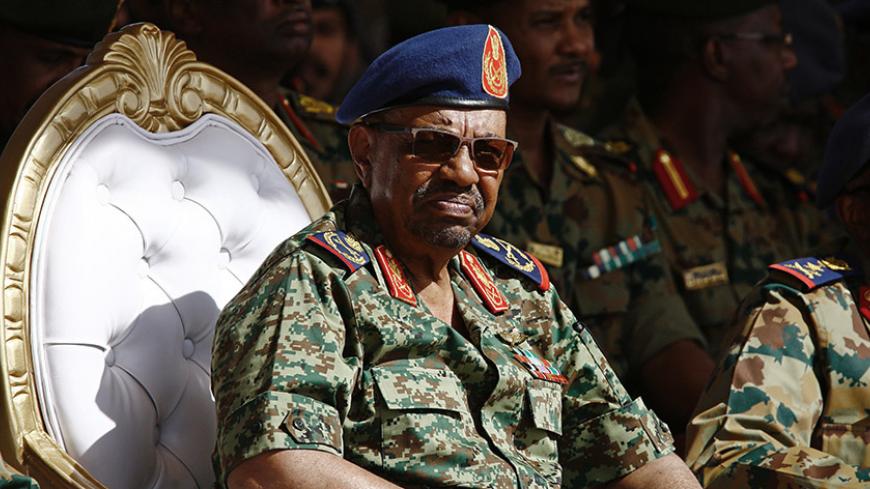Illustrative of the extent to which Sudan and Qatar have deepened bilateral relations, Khartoum is not joining Riyadh and its allies in punishing Doha for allegedly promoting terrorism. Yet, for Sudan, which relies heavily on economic support from Qatar as well as the three Gulf Cooperation Council (GCC) members confronting Doha, the council’s diplomatic row and its timing are dreadful.
On June 6, the Khartoum government offered to pursue “reconciliation” efforts between Qatar and the Sunni Arab states that have severed ties with Doha. Expressing “deep concern” about the standoff, Sudan’s Foreign Ministry demanded that regional states “work together to overcome this dispute.” Unsettling for Khartoum is that the row threatens to directly undermine Sudan’s national interests in several ways given its foreign policy history and the country’s current domestic political environment.


